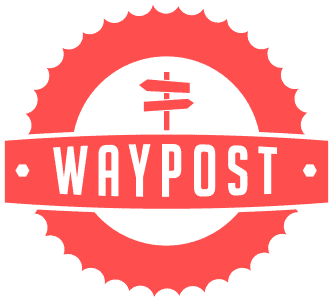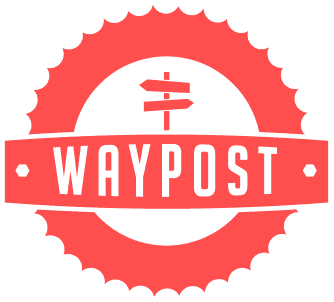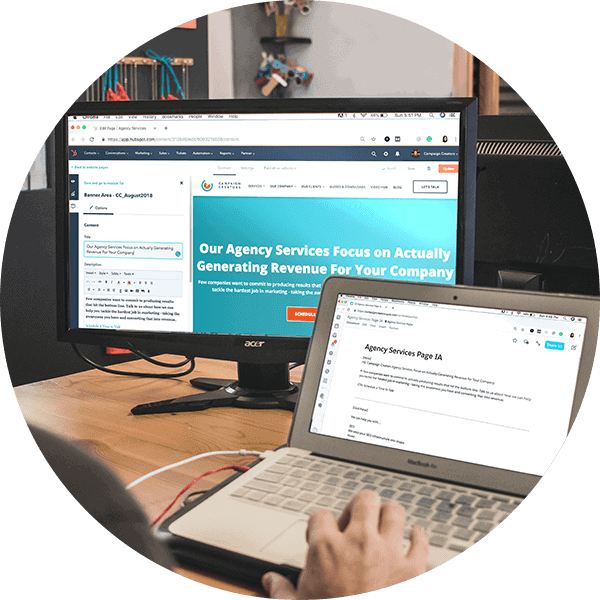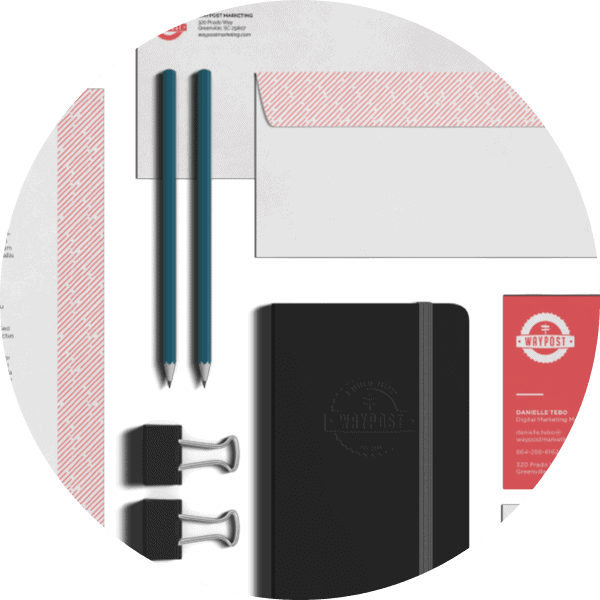
4 Digital Marketing Tactics for Manufacturing Companies
November 16, 2017
5 Best Practices For Marketing And Sales Alignment
December 7, 2017Surprisingly, I run across many salespeople that are still using Excel spreadsheets to manage sales leads, calls, and meetings. In their minds, the spreadsheet is their CRM (Customer Relationship Management) system. The simple truth is, there’s a better way to manage leads, and it’s far more efficient.
22% of salespeople still don’t know what a CRM is, and 40% still use informal methods like spreadsheets and email programs to store customer data. Source: Hubspot State of Inbound ’16

I’m sure using an Excel spreadsheet was the gold standard ten years ago, but there are so many better CRM options available today. I could probably list 20 reasons people claim they are still using spreadsheets, but I’m just going to focus on the four reasons I hear most often.
My Spreadsheet System Works Fine
I chalk this reason up to “they don’t know what they don’t know.” For seasoned salespeople, a notepad and spreadsheet have always worked fine, and they don’t perceive a reason to do anything different, i.e. “if it ain’t broke, don’t fix it.” It’s also likely they have never considered working with a modern CRM.
Reality: Using a spreadsheet as a CRM is not a broken process, but it is dated. There are so many better options that allow people and companies to operate more efficiently and generate more revenue. Some examples are: automatically logging interactions (emails, social media, calls, reminders), seeing everything about a lead in one place, and total visibility of what’s in their sales pipeline.
81% of CRM users say they access their CRM using multiple types of devices. (Source: Software Advice)
It’s Too Time Consuming
Many salespeople fear that switching from a manual system to a cloud-based CRM will be too time consuming. They have sales quotas to meet and don’t have time to learn something new. This reason is fairly common and it usually stems from one of three areas.
- Bad Experience – They may have previously used a CRM that was overly complicated with little automation and required an excessive amount of manual data entry.
- Learning Curve is Too Long – They believe switching to a CRM will require a significant amount of training time to learn to use it properly.
- More Data Entry – They believe a CRM is going to require the manual entry of data they may deem unnecessary, such as logging emails and calls. They feel they need to be selling, not doing more admin tasks.
Reality: A CRM, like Hubspot Free CRM, takes minutes to learn and allows salespeople to work more efficiently by automatically tracking and logging interactions, and automating admin tasks and reminders. Furthermore, today’s cloud-based CRM’s allow you to access your customer data from any location at any time on any device.
CRM Sales reps saw productivity increase by 26.4% when adding social networking and mobile access to CRM applications (Source: Nucleus Research)
I Don’t Want to Share My Leads
Leads are the lifeblood for Sales and salespeople can be protective about sharing their contacts with other team members. They’ve worked hard to generate and gather data on their leads and can be overly protective about sharing it with other salespeople.
Reality: This mentality should not be acceptable, and is indicative of bigger problems within a company. The truth is that the company owns the leads and sales owns the relationship. One of the key benefits of a CRM application is that it helps salespeople manage their relationships with leads and customers more effectively.
All CRM’s have some level of permission settings, but don’t you think it makes sense to allow other people in your company, such as customer support, to have access to the full history of interactions with a customer?
Nearly half of respondents said that their CRM has significantly improved their customer retention rates and customer satisfaction rates. (Source: Capterra)
Big Brother Effect
Many salespeople see a CRM as just another way for management to keep track of their activity and performance. Sales is heavily dependent on activity-based metrics, such as calls, meeting, proposals, etc. In a manual tracking system, the salesperson controls the reporting of this data, and the mentality is, “I don’t need management knowing all my business.”
Reality: CRM applications can be used to micro-manage salespeople, but most successful companies don’t use them this way. Salespeople can still manage their own clients and do their own reporting, while management can get a clear picture of the entire sales pipeline. At any moment, the company can view the entire sales funnel to see appointments scheduled, proposals, contracts sent, deals won and lost and projected sales for any time period.
CRM applications can help increase sales by up to 29%, sales productivity by up to 34% and sales forecast accuracy by 42%. (Source: Salesforce)
Would Now Be A Good Time?
For businesses that have multiple salespeople and long sales cycles, a CRM application is no longer an option. The benefits of changing far outweigh the risk, and the small investment of time required on the front end saves a great deal of time [and therefore money!] once the change is made. Many companies offer a no-obligation, free trial of their CRM. Our preferred platform is HubSpot and they offer a HubSpot Free CRM. We’d be happy to give you a demo!









